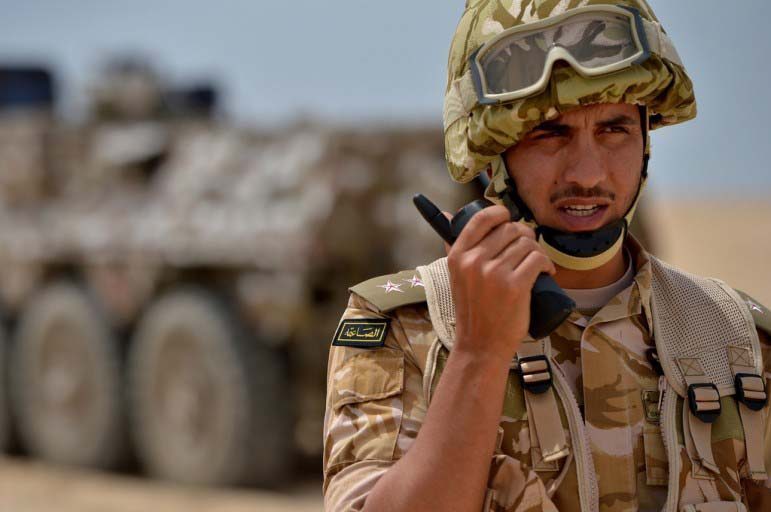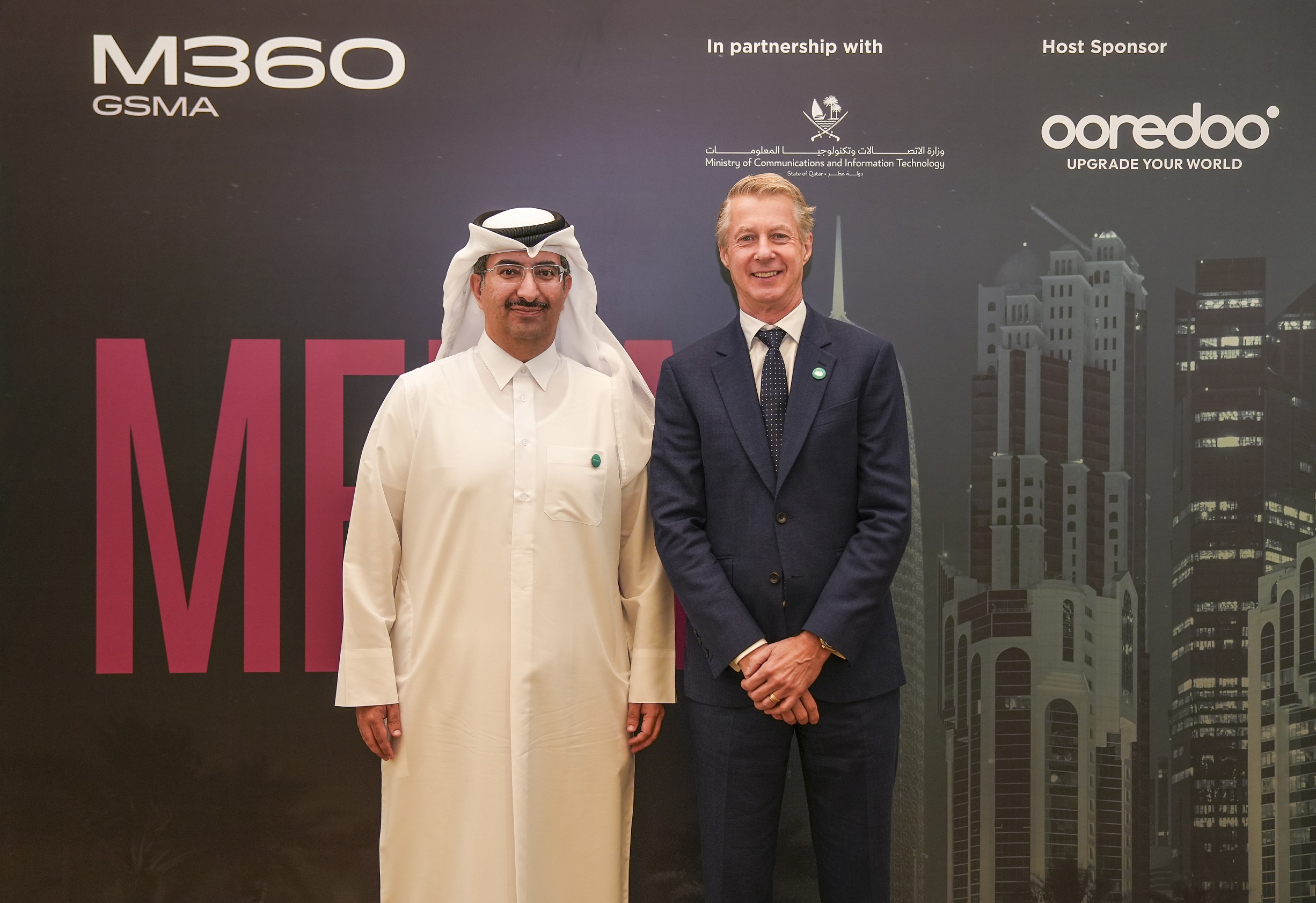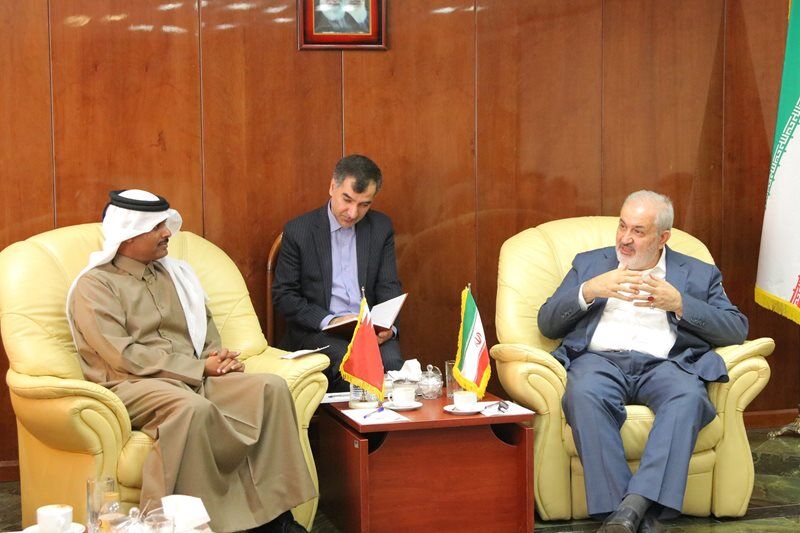
As Qatar continues to buy billions of dollars worth of new military hardware, the country’s armed forces is looking to beef up training of its senior staff.
The nation’s Ministry of Defense recently signed a three-year, US$43.92 million (QR159.89 million) contract with UK-based Serco to run courses for mid-level officers, such as majors and lieutenant-colonels, from the Qatari Emiri Navy, Army and Air Force.
Some 40 students have already started a year-long course at the Joaan Bin Jassim Joint Command and Staff College, which opened last May. It’s based on the UK’s Joint Services Command and Staff College, which Serco has managed and operated for more than a decade.
In a statement, the company called the training program “the first step towards a structured education and training pathway for Qatar’s military leaders of tomorrow.”
Under the contract, Serco will adapt and deliver its British course material to students in Qatar as well as manage the college, which includes bolstering the facility’s IT systems and resource center.
For its part, the British government – which is lobbying the Qatar government to purchase fighter jets from UK firm BAE – said it hopes the training contract helps deepen ties between the two countries.
Arms buildup
For months, BAE has been hoping to beat out competing combat plane bids from France’s Dassault Aviation and US-based Boeing. Meanwhile, British defense firms are already doing big business in Qatar.
According the UK-based Campaign Against Arms Trade (CAAT), the British government licensed military exports worth some $29.02 million (QR105.75 million) to Qatar between 2008 and 2013. Some of the items approved for export in November and December of last year include body armor, small arms ammunition, machine guns and sniper rifle parts.
When dual-use technologies – such as cameras and lab chemicals, which also have non-military applications – are included, the value of British defense exports over the last six years rises to $88.17 million (QR321.31 million), according to CAAT.
However, that pales in comparison to the purchases Qatar made earlier this year at the biennial Doha International Maritime Defence Exhibition, where the country’s armed forces announced contracts for new helicopters, patrol boats, missile defense systems and other equipment totaling QR87 billion (US$23.89 billion).

The maritime defense acquisitions were the latest multibillion-dollar weapons purchases, which in recent years have included nearly three dozen US helicopters as well as some 200 German tanks.
As it acquires new armaments, Qatar is also training its nationals to use weapons and other equipment. Earlier this year, the Emir ratified a new national conscription law requiring Qatari men between the ages of 18 to 35 years old to serve three to four months in the country’s armed forces.
The first batch of trainees reported for service last month.
Training motivation
Analysts have suggested that Qatar’s military build-up may be geared at deterring any potential threat from Iran, as well as policing its coastal waters and warding off terrorists, smugglers and illegal fishing.
Others have suggested that increasing its military clout is a way for Qatar to reinforce its economic influence and clout on the world stage.
For its part, the Qatar training contract is the first Middle East defense deal for Serco, which specializes in provided outsourced services as varied as engineering work for the UK’s Royal Air Force and operating the Dubai Metro.
The company has recently been in the headlines in its home country for overcharging the government for electronic monitoring systems, a scandal that reduced its profits by more than half in its most recent fiscal year.
Thoughts?







